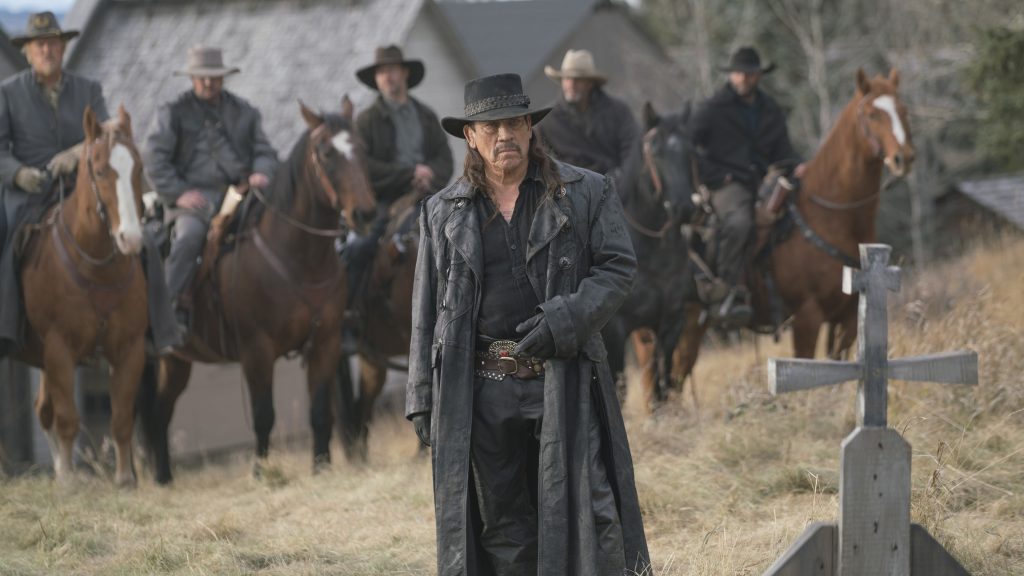
When we think of the heroes of the Old West, a certain picture comes to mind: tall, rugged men with quick reflexes, unshakable courage, and a gun always ready to fire. They walk into saloons with a glare that silences a room, and they never hesitate when danger strikes. But George T. Arnold’s The Heart Beneath the Badge asks us to look closer—beyond the guns, the dust, and the bravado—to see what truly lies beneath the badge. In Sheriff Heath Royal, we discover not just a Western hero, but a deeply human man wrestling with guilt, aging, love, and faith. From the very first chapter, Heath Royal is shown as more than a stereotypical sheriff. Yes, he has spent more than thirty years wearing the badge, facing down outlaws, and sending dangerous men to their graves. But when we meet him, he is tormented. He has just killed two young bank robbers, and instead of walking away without regret, Health can’t keep his conscience from gnawing at him. Unlike the unflinching gunfighters of dime novels, Heath questions himself: Did he give them a chance to surrender? Did he act out of fear instead of justice? This self-doubt is what makes him so real. He is not a flawless hero; he is a man who carries the weight of every decision, every trigger pulled, and every life taken. His conscience drives him into the church for the first time in decades, searching not for glory, but for peace.
Heath is also a man confronting something every reader can understand: the passage of time. Because he is fifty-two, his reflexes, his hands ache with arthritis, and he no longer trusts himself in a fair gunfight. The shotgun he carries has become less a weapon of justice and more a shield of survival. Behind his rugged presence lies a painful truth—he fears he may not be the man he once was. This vulnerability is rare in Western heroes, who are so often painted as eternally strong and untouched by age. Arnold’s storytelling brings depth by showing how even the bravest men feel the limits of their own strength. Heath’s badge may command respect, but it cannot shield him from doubt or the steady march of years.
The novel’s title says it best: beneath the badge lies a heart. For Heath, that heart beats strongest when he reconnects with Rebekka Korhenen Brando, the woman he once loved twenty-five years earlier. Their reunion is not filled with instant passion, but with the quiet, careful steps of two people who have endured much and carry scars from their past. Through his relationship with Rebekka, Heath’s humanity is laid bare. He is not just a sheriff; he is a man longing for love, companionship, and understanding. In her presence, the stern lawman softens. He smiles, he remembers what it means to feel alive, and he begins to imagine a life beyond the dangers of his badge. This romantic thread is essential to Arnold’s vision. As he noted in his author’s note, this story is romance first, action second. It’s not about constant gunfights—it’s about the human heart that beats even in the toughest sheriff. Another dimension of Heath’s humanity is his struggle with faith. Though raised by a devout mother, he had long abandoned the church after witnessing hypocrisy among so-called believers. But his guilt over recent killings drives him back through the church doors, seeking something beyond human reasoning: the possibility of forgiveness.
Arnold skillfully fuses this spiritual layer into the novel. Heath is not portrayed as suddenly saintly or miraculously healed of doubt. Instead, he is shown as a man stumbling toward redemption, hoping God might work in His own roundabout way. This makes him deeply relatable—not just to those of faith, but to anyone who has wrestled with questions of right, wrong, and the weight of choices made. Of course, Heath still faces real danger. Outlaws bent on revenge scheme to kill him, and he must summon every ounce of his courage to survive ambushes and gunfire. But what makes Heath heroic is not simply that he wins shootouts. It’s that he continues to rise each day, even when his body aches, even when his doubts nearly consume him. His true courage lies not in drawing faster than the next man, but in confronting his own fears, admitting his flaws, and still carrying the badge with honor.
George T. Arnold makes it clear that The Heart Beneath the Badge is not just another Western filled with “shoot-’em-ups.” His goal is to show readers—especially women who might otherwise skip the genre—that the West holds more than grit and gunpowder. It holds human stories of love, faith, and second chances. By focusing on Heath’s humanity, Arnold expands the definition of a Western hero. Instead of being untouchable, Heath is touchingly real. Instead of always being strong, he is sometimes uncertain. And instead of living only for the badge, he dares to long for a life of love.

This content cannot be displayed due to DMCA copyright restrictions and ADA accessibility compliance issues.
If you believe this is an error, please contact support with proper documentation and ensure the content meets accessibility guidelines.